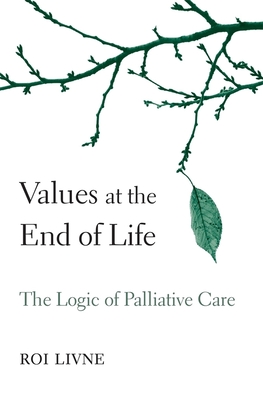Expedite your nonfiction book discovery process with Readara interviews, summaries and recommendations, Broaden your knowledge and gain insights from leading experts and scholars
In-depth, hour-long interviews with notable nonfiction authors, Gain new perspectives and ideas from the writer’s expertise and research, Valuable resource for readers and researchers
Optimize your book discovery process, Four-to eight-page summaries prepared by subject matter experts, Quickly review the book’s central messages and range of content
Books are handpicked covering a wide range of important categories and topics, Selected authors are subject experts, field professionals, or distinguished academics
Our editorial team includes books offering insights, unique views and researched-narratives in categories, Trade shows and book fairs, Book signings and in person author talks,Webinars and online events
Connect with editors and designers,Discover PR & marketing services providers, Source printers and related service providers

Values at the End of Life: The Logic of Palliative Care
Social Science > Death & Dying
- Harvard University Press
- Hardcover
- 9780674545175
- 9.3 X 6.3 X 1.3 inches
- 1.45 pounds
- Social Science > Death & Dying
- (Single Author) Asian American
- English
Readara.com
Book Description
This insightful study examines the deeply personal and heart-wrenching tensions among financial considerations, emotional attachments, and moral arguments that motivate end-of-life decisions.
America's health care system was built on the principle that life should be prolonged whenever possible, regardless of the costs. This commitment has often meant that patients spend their last days suffering from heroic interventions that extend their life by only weeks or months. Increasingly, this approach to end-of-life care is coming under scrutiny, from a moral as well as a financial perspective. Sociologist Roi Livne documents the rise and effectiveness of hospice and palliative care, and growing acceptance of the idea that a life consumed by suffering may not be worth living.
Values at the End of Life combines an in-depth historical analysis with an extensive study conducted in three hospitals, where Livne observed terminally ill patients, their families, and caregivers negotiating treatment. Livne describes the ambivalent, conflicted moments when people articulate and act on their moral intuitions about dying. Interviews with medical staff allowed him to isolate the strategies clinicians use to help families understand their options. As Livne discovered, clinicians are advancing the idea that invasive, expensive hospital procedures often compound a patient's suffering. Affluent, educated families were more readily persuaded by this moral calculus than those of less means.
Once defiant of death--or even in denial--many American families and professionals in the health care system are beginning to embrace the notion that less treatment in the end may be better treatment.
Author Bio
Livne's research is situated at the intersection of economic sociology, the new sociology of morality, science and technology studies, medical sociology, and political sociology. He has written about the relationship between moral and material life under capitalism, especially as it plays out in the U.S. healthcare economy—a sector that accounts for some 18 percent of the country's GDP.
Methodologically, Livne embraces a variant of the extended-case method; he mobilizes micro- and meso-level ethnographic observations to illuminate questions of broad theoretical significance, analyzing how structural forces manifest in day-to-day life and inform the most intimate ways people think of themselves.
Livne's book Values at the End of Life recounts the rise of "the new economy of dying"—a multi-billion dollar industry, embedded in strong moral convictions, popular sentiments, and professional practices that inform how clinicians and patients reach life-and-death decisions at the hospital bedside.
His other research projects tackled the political and social consequence of applying economic knowledge in policymaking and the social inequalities structured into science and expertise. He is currently studying the moral economy of pricing in U.S. healthcare, writing about COVID and its sociological significance, and pondering the question of limits in modernity.
Source: University of Michigan
Videos
No Videos
Community reviews
No Community reviews

